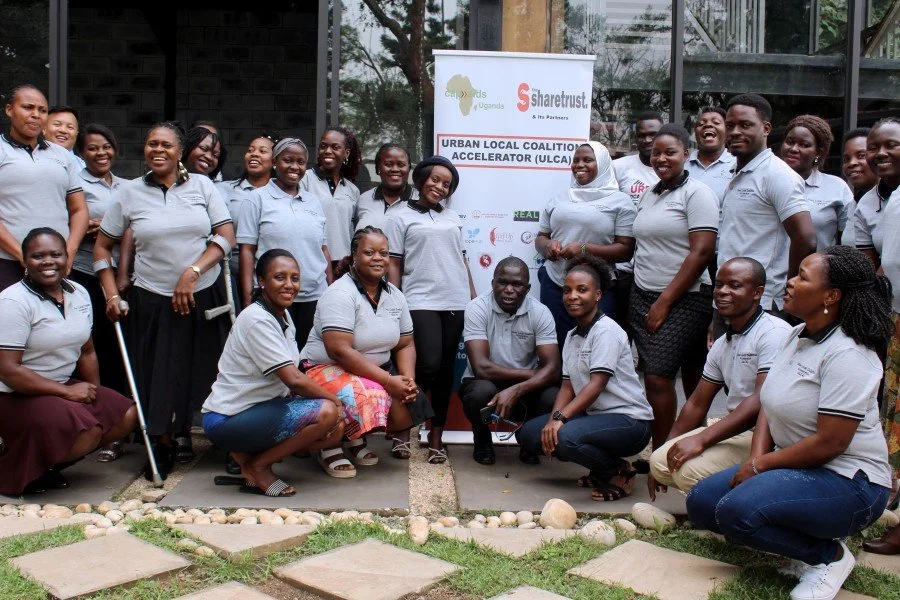Social protection can be a game-changer; transforming lives by reducing vulnerability to shocks, combating social exclusion, and giving women and girls the tools to break the cycle of poverty. Yet, as chronic poverty becomes more difficult to alleviate, and crises become more frequent and protracted, a vital question emerges: who should be in the driving seat for more inclusive, effective, and responsive social protection?
The answer lies with local actors - from grassroots women’s collectives such as Self Help Groups to local NGOs, and subnational government actors. These actors not only fill critical delivery gaps but also have the potential to radically shift the framing and design of social protection systems – especially for women, people with disabilities, and other excluded groups.
As global aid budgets tighten and demand for locally led solutions grows, the humanitarian and development sectors face a pivotal question: How do we most effectively and efficiently support local systems to deliver results?
At The Share Trust, we believe local intermediaries are a key part of the answer. These organizations—rooted in their communities, countries, or regions—play a vital role in channeling funding and support to a wider network of local actors.
To help funders better understand and engage with these crucial actors, we've launched a global, living landscaping study of local intermediaries that maps 126 organizations across 11 countries—all with Global South roots and leadership—offers a deeper dive into 28 of them, and introduces the Local Intermediary Spectrum (LIST), a practical tool for identifying and partnering with local intermediary structures based on origin, leadership, function, thematic focus, and more.
Read MoreLike many champions of locally led humanitarian assistance, we’ll be eagerly following the meeting of the Inter-Agency Standing Committee (IASC), the United Nations’ primary humanitarian coordination forum, happening tomorrow. The UN’s chief humanitarian coordinator and head of the Office for the Coordination of Humanitarian Affairs (OCHA), “relief chief” Tom Fletcher, has called for a “humanitarian reset” as funding is set to shrink by around a third, due to widespread cuts by the United States, as well as other donors. Humanitarian crises aren’t abating, however, so the IASC, under Fletcher’s leadership, is charged with creating a humanitarian system that works smarter and more efficiently. Part of the “reset” is managerial—burden busting, breaking down silos, better integrating work across UN agencies. But another big part of the effort is a commitment to “do much more at a local level, close to the communities we serve.”
Read MoreAccess to clean drinking water is a fundamental human right, yet in countries like Bangladesh, women and children have to walk miles to collect water that is often contaminated or saline-rich. One woman’s selfless act, with the power of changing her community, shows how locally driven solutions can radically impact a whole community's access to such a critical resource.
Read MoreThe coastal region of Bangladesh grapples with the relentless impacts of climate change. However, in Patuakhali, a district known for its vulnerability to climate disasters, a compelling tale of resilience and equity unfolds.
Read MoreIn recent years, the aid sector has been buzzing with the term "localisation." The goal is empowering local organisations, respecting local knowledge and practices, and shifting more resources toward local actors. However, has this truly resulted in a shift of power? Not necessarily, especially because international partners still hold the reins.
Read More






